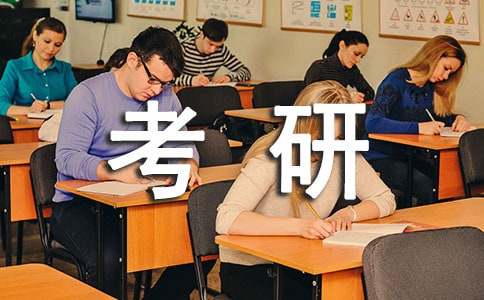- 相關(guān)推薦
考研英語(yǔ)一真題及答案(word版)
2015考研英語(yǔ)真題

Section I Use of English
Directions:
Read the following text. Choose the best word(s) for each numbered blank and mark A, B, C or D on the ANSWER SHEET. (10 points)
Though not biologically related, friends are as “related” as fourth cousins, sharing about 1% of genes. That is _(1)_a study, published from the University of California and Yale University in the Proceedings of the National Academy of Sciences, has__(2)_.
The study is a genome-wide analysis conducted _(3)__1,932 unique subjects which __(4)__pairs of unrelated friends and unrelated strangers. The same people were used in both_(5)_.
While 1% may seem_(6)_,it is not so to a geneticist. As James Fowler, professor of medical genetics at UC San Diego, says, “Most people do not even _(7)_their fourth cousins but somehow manage to select as friends the people who_(8)_our kin.”
The study_(9)_found that the genes for smell were something shared in friends but not genes for immunity. Why this similarity exists in smell genes is difficult to explain, for now. _(10)_, as the team suggests, it draws us to similar environments but there is more_(11)_it. There could be many mechanisms working together that _(12)_us in choosing genetically similar friends_(13)_”functional Kinship” of being friends with_(14)_!
One of the remarkable findings of the study was that the similar genes seem to be evolving_(15)_than other genes. Studying this could help_(16)_why human evolution picked pace in the last 30,000 years, with social environment being a major_(17)_factor.
The findings do not simply explain people’s_(18)_to befriend those of similar_(19)_backgrounds, say the researchers. Though all the subjects were drawn from a population of European extraction, care was taken to_(20)_that all subjects, friends and strangers, were taken from the same population.
1. [A] when [B] why [C] how [D] what
2. [A] defended [B] concluded [C] withdrawn [D] advised
3. [A] for [B] with [C] on [D] by
4. [A] compared [B] sought [C] separated [D] connected
5. [A] tests [B] objects [C]samples [D] examples
6. [A] insignificant [B] unexpected [C]unreliable [D] incredible
7. [A] visit [B] miss [C] seek [D] know
8. [A] resemble [B] influence [C] favor [D] surpass
9. [A] again [B] also [C] instead [D] thus
10. [A] Meanwhile [B] Furthermore [C] Likewise [D] Perhaps
11. [A] about [B] to [C]from [D]like
12. [A] drive [B] observe [C] confuse [D]limit
13. [A] according to [B] rather than [C] regardless of [D] along with
14. [A] chances [B]responses [C]missions [D]benefits
15. [A] later [B]slower [C] faster [D] earlier
16. [A]forecast [B]remember [C]understand [D]express
17. [A] unpredictable [B]contributory [C] controllable [D] disruptive
18. [A] endeavor [B]decision [C]arrangement [D] tendency
19. [A] political [B] religious [C] ethnic [D] economic
20. [A] see [B] show [C] prove [D] tell
試題完整版請(qǐng)下載:2015年考研英語(yǔ)一真題及答案(word版)
http://www.lotusphilosophies.com/【考研英語(yǔ)一真題及答案word版】相關(guān)文章:
考研英語(yǔ)二真題及答案07-04
2024年考研英語(yǔ)真題及答案07-29
2023年考研英語(yǔ)真題答案及解析11-28
英語(yǔ)考研真題01-07
考研政治真題及答案解析09-06
職稱(chēng)英語(yǔ)理工類(lèi)B真題及答案10-25
考研英語(yǔ)一試題及答案(2)10-18
最新自考英語(yǔ)二真試題及答案10-24